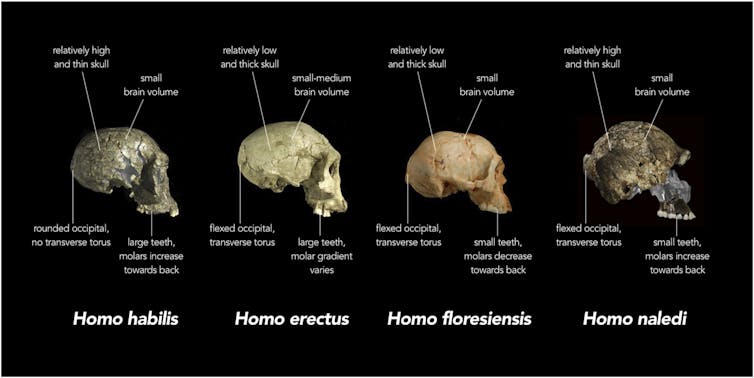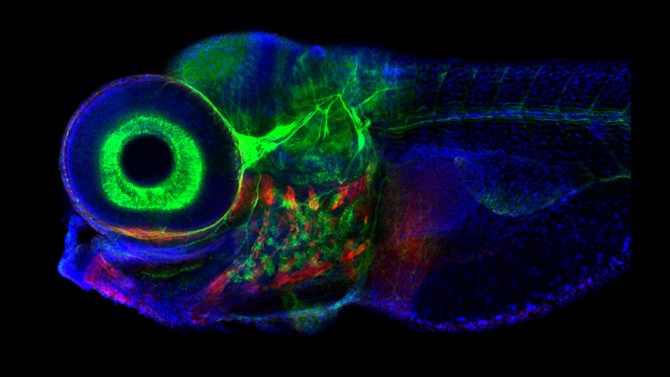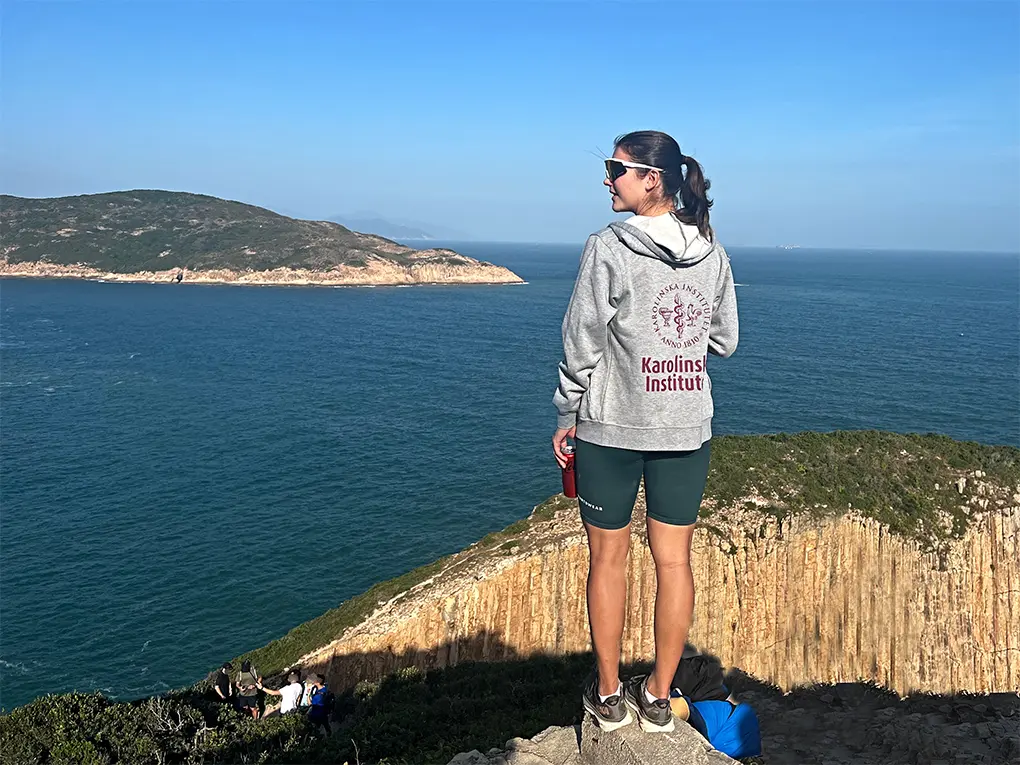It’s not something I generally promote or practice, but, buried in my distant past, I am, in fact, a lawyer.
And buried in Australia’s past are some very troubling matters in law.
Especially when it comes to Treaty.
I first read the historian Henry Reynolds’ books while studying documents relating to our colonial history in the British Library in London.
I was reading court documents I had not read or even heard of at school in Australia.
I have never forgotten what I discovered.
Deep in these documents were directions from the British Colonial office to “make Treaties.”
Reynolds points out the contradiction of the British treatment of indigenous peoples in Canada, Northern America and New Zealand with what happened in Australia.
In those countries, the possession of lands by First Nations peoples was recognised and was negotiated.
There were Treaties between the Crown and the peoples of those nations.
Some were better than others.
The British Colonial office had insisted on them especially following the Tasmanian massacres but no Treaty was ever entered into here.
The question is, why?
The right to property is a basic tenant of British law.
As we Australians know, even the theft of a loaf of bread back in the day could result in the most extreme of punishments ensuring a one-way passage to Australia.
So how, Reynolds argues, do we explain the theft of an entire country?
He found that the British had relied on a description from Joseph Banks during Cook’s expedition of ‘an unoccupied, sparsely populated land.’
This notion of an unoccupied land was upheld in court cases and Privy Council rulings all through the 1800s despite much evidence to the contrary coming from Australia.
It suited the times.
And we remained ‘terra nullius’ until Eddie Koiki Mabo and the landmark High Court ruling decided differently in 1992.
Again, I read the judgement in another library, this time at the University of Queensland as a law student.
As Premier I have had the deep honour to visit Eddie Koiki Mabo’s resting place to pay my respects to a man who fought for his rights and his people.
Reynolds is not everyone’s cup of tea but I think we can agree, Australia was not empty when the First Fleet arrived and there is no evidence Aboriginal and Torres Strait islander peoples gave up their lands willingly.
Reynolds contends a one-sided war raged whose atrocities and crimes on both sides were recorded and remarked upon at the time.
The idea of Treaty, then, is not new.
In fact, there is evidence colonists argued often for a Treaty.
George Arthur, Governor of Tasmania, begged the then Colonial Office to establish Treaties.
It was ‘a fatal error’ he said not to have one.
He was ignored.
When John Bateman first settled at Port Phillip, he made an attempt to buy the land from Aboriginal people. The NSW Governor quashed it in October 1835.
In 1836, Colonel PC Irwin of the Swan River colony that became Perth said “Treaties should be negotiated between the parties as a measure of healing and pacification.”
He too was ignored.
Treaties have been established over centuries and provide people of those nations, like New Zealand, a shared sense of identity and pride that we should have too.
But all efforts to establish one in this country have died in a desert of ignorance and indifference where they have stayed for more than 200 years.
Well I am here to tell you, friends, that ends now.
Next week, I will introduce to Parliament, legislation that will enshrine a Treaty with Queensland Aboriginal and Torres Strait Islander peoples forever.
It establishes:
- The First Nations Treaty Institute and outlines its powers, functions and composition
- A five-member Truth Telling and Healing Inquiry which has elements of a Commission of Inquiry but is customised to have a culturally appropriate, non-adversarial approach
It builds on the Path to Treaty we embarked upon together that includes:
- A $300 million Path to Treaty fund guaranteeing at least $10 million a year for the institute
- Formation of the Interim Truth and Treaty body to co-design the Path to Treaty legislation and
- Establishment of a path to treaty office, government treaty readiness committee and Ministerial Consultative Committee to build capacity across government agencies.
We are serious and we are determined.
As we all know, Story is everything.
For tens of thousands of years, Aboriginal and Torres Strait Islander peoples have told their stories.
The process of ‘Truth Telling’ is a way for us to use Story – to deeply understand our past, to acknowledge the enormous hurt, pain and suffering but, most importantly to build a better future together.
It is important to acknowledge that we have been brought to this moment only because we have been carried on the backs and shoulders of giants too numerous for me to mention today.
There are also those whose names history may not record.
But we must never forget.
All the aunties and uncles.
The cousins and families.
The countless thousands removed from their homes and subjected to innumerable cruelties.
Stolen wages. Forced adoptions. Deaths.
These people are gone. But their stories remain.
To the eminent panels and working groups whose work has led us to this moment: our profound and grateful thanks.
This includes former Treaty Advancement Committee Members
- Mr Mick Gooda;
- Emeritus Professor Michael Lavarch; and
- Sallyanne Atkinson AO.
A further seven members were also selected to join the body, following a statewide expression of interest process:
- Dr Bianca Beetson;
- Ms Seleena Blackley;
- Mr Aaron Fa’Aoso;
- Ms Marg O’Donnell;
- Mr Ray Rosendale;
- Ms Natalie Siegel-Brown; and
- Ms Cheryl Buchanan.
I thank you all for your work.
It is a source of great personal pride to me and the Labor Party that our government includes so many MPs with First Nations heritage including the first Aboriginal woman ever elected to the Queensland parliament and appointed to the Cabinet Leeanne Enoch, the first woman ever elected from the Torres Strait Cynthia Lui and Lance McCallum, a proud Gubbi Gubbi man and Member for Bundamba.
I will never forget the embrace, or the tears of joy shared when we gathered to sign a Statement of Commitment with Aboriginal peoples and Torres Strait Islander peoples on the Speakers Green last August.
As the statement says, this journey is not for the timid.
But each generation is called to face its challenge.
And its opportunity.
I believe this is ours.
We have the chance to finish unfinished business.
To put wrongs right.
To finally come together as one, united State, with mutual respect and absolute dignity for our diverse cultures and identities.
As the Uluru Statement from the Heart says: ‘a fuller expression of Australia’s nationhood.’
Friends, none of us pretends the months ahead will be easy.
Each State must confront their own pasts.
As a nation, now is the time to recognise Aboriginal and Torres Strait Islander peoples in our Constitution.
And a Voice to be heard.
It is an opportunity we cannot waste.
The Path to Treaty signals to the rest of Australia and to other nations that Queensland is ready and willing to confront that past and to listen to the painful stories that need to be told.
But we cannot right the wrongs, without recognising those wrongs. We must look deep within our hearts, and acknowledge the discrimination and the prejudice that our First Nations people were subjected to.
200 years ago there were over 250 indigenous languages in Australia. Now only sixty of those languages are considered healthy.
We listen in awe and wonder to the stories of the dreaming, in the knowledge that these same stories have been told on our lands for 60,000 years.
This is the shared heritage we want to showcase to the world when we host the 2032 Olympic and Paralympic Games.
Our Aboriginal and Torres Strait Islander heritage is unique.
It is a gift to all Australians and to the world.
And we have this opportunity to change our story and walk together into a much brighter tomorrow.
That is what we hope to achieve through the Treaty process.
To mark the end of one chapter and begin another.
So no Australian child in the future needs to be surprised about all that they will learn about our past.
To quote Oodgeroo Noonuccal:
“To our father’s fathers – the pain, the sorrow
To our children’s children – the glad tomorrow.”
Such is the power of story.
If we have the courage to tell it.
Respectfully an together.








